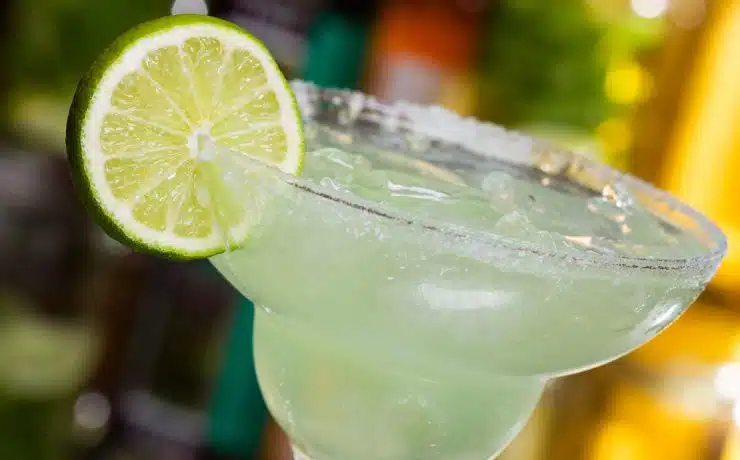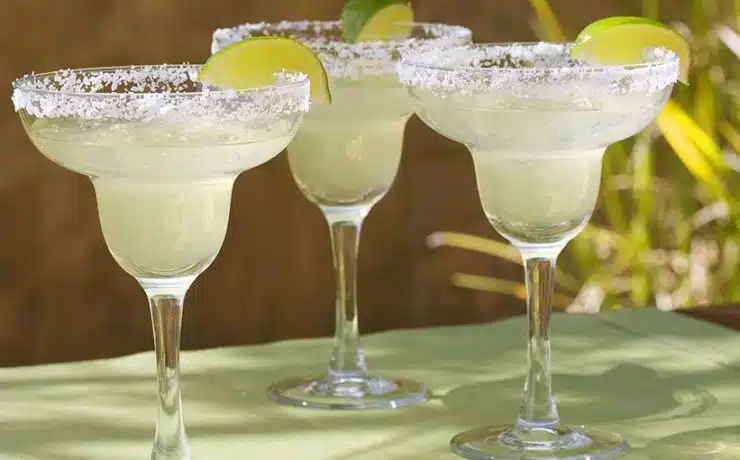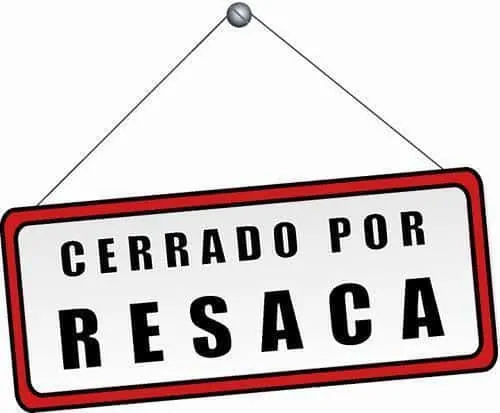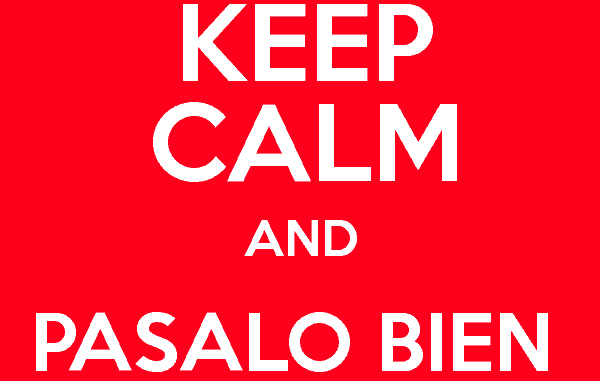


La historia de la bebida “Margarita”
En México, el trago nacional por excelencia es el tequila Margarita. Este trago que está hecho con tequila, jugo de limón y Triple Sec, generalmente servido con sal alrededor del borde de la copa, se ha vuelto muy popular en EE.UU. y otros países latinos en los últimos años. Cuenta

La palabra del día: Resaca
La palabra resaca tiene varios significados, por ejemplo, resaca es el movimiento en retroceso de las ola-karasiks del mar después de llegar a la orilla. Sin embargo, uno de sus usos más comunes tiene que ver con las bebidas alcohólicas, bueno, con el exceso de bebidas alcohólicas. De hecho, la

Estar borracho
There are many colloquial ways to talk about “estar borracho” (“to be drunk”) that may vary from country to country; here we have some frequently used ones: Estar ebrio: this is the most educated or formal way of expressing “to be drunk”. Estar/ir mamado: in several countries, this is one

¿Pasar(lo) bien o tener un buen tiempo?
Do you know what is the Spanish equivalent of “to have a good time”? Although our initial instinct may be to say “tener un buen tiempo”, this is a literal translation that sounds confusing to native Spanish-speakers. The correct way of expressing this sentiment is using the phrase: Pasar(lo)bien. We

Differences between “muy” & “mucho”
Have you ever wondered: what is the difference between “muy” and “mucho”? Muy is an adverb that we use together with an adjective or another adverb, and it does not change for gender or number: Lucía es una estudiante muy inteligente. Lucía is a very intelligent sudent. (inteligente = adjetivo) Ella camina muy rápido. She walks very quickly. (rápido =

La conversación vence a la gramática
De acuerdo a este interesante artículo de El País, los expertos están de acuerdo: practicar con nativos es esencial para poder hablar un idioma con naturalidad y confianza. “Aunque la metodología que emplean difiere en algunos aspectos, en algo están de acuerdo: la conversación se ha impuesto a la gramática.

Expresiones con la palabra “fuego”
Echar fuego por los ojos: to be angry, furious. Echar leña al fuego: to add fuel to the fire. Estar entre dos fuegos: to be caught between a rock and a hard place. No hay humo sin fuego: where there’s smoke there’s fire. Pedir fuego a alguien: to ask someone

Tres traducciones de “falla”
(1) FALLA AS FLAW When we talk about a feature that causes an imperfection or a malfunction in something, we translate “falla” as “flaw”: Una falla en el sistema causó el corte temporal de energía. A flaw in the system caused the temporary power outage. Este diamante tiene algunas fallas


